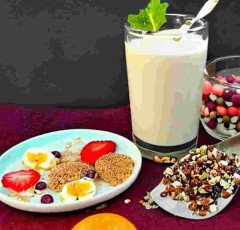
Favorite Healthy Breakfasts

It's an awesome idea to consume breakfast within the morning, Others need a supply of energy to get going, at the same time as some people favor to bypass breakfast.
If you like breakfast, selecting wholesome meals may additionally offer you lengthy lasting strength and maintain you satisfied for a long time. These meals frequently incorporate big quantities of protein, fiber, true fats, and minerals.
Even though it's first rate to live far from dangerous options that are loaded with sugar, delicate carbohydrates, and additives, it is no longer always easy to make your mind up. As a result, the listing under will help you in developing a nutritious breakfast.
The top 12 breakfast ingredients and drinks are listed under
They are a terrific supply of protein, which supports the production of latest muscle. Protein aids in maintaining you feeling full as it takes time to digest. One look at located that eating eggs and toast for breakfast substantially reduced hunger as compared to ingesting bran cereal, which may additionally have been because of the egg institution's better protein intake (25 grams vs. Eleven grams), which accelerated emotions of fullness (3Trusted Source).
- The egg group additionally fed on fewer energy at lunch, indicating that this dish may also assist with weight control.
- Egg yolks also incorporate lutein and zeaxanthin. These antioxidants useful resource inside the prevention of eye conditions like macular degeneration and cataracts.
- Eggs also are among the richest sources of choline, a nutrition this is vital for the health of the liver and brain.
Contrary to famous opinion, no matter the excessive cholesterol content material of eggs, maximum humans do no longer see an growth in their cholesterol levels. Eggs do, in truth, have a mild preventive impact towards coronary heart disorder, according to one look at of 23 research (7Trusted Source).
In spite of this, goal to restriction your consumption of extraordinarily processed morning ingredients, which include breakfast sausages and bacon. Eat your eggs along different nutrient dense meals rather, like complete grain bread, entire fruit, or sautéed vegetables.
Greek yogurt is a splendid choice.It is created with the aid of setting apart whey and different liquid from milk curds, resulting in a creamy meals that has a higher protein content material than standard yogurt .
In comparison to other protein assets, it has fewer energy. 25 grams of protein and just 149 energy are blanketed in a 1-cup (245-gram) component.Greek yogurt carries a wealth of wholesome vitamins, which include calcium, nutrition B12, zinc, potassium, and phosphorus.
Probiotics, like as Bifidobacteria, which help digestion, may be determined in some types. Look for the words contains stay and energetic cultures at the label to verify that your yogurt incorporates probiotics.
- Another high-quality preference is Icelandic yogurt, regularly called skyr, if you like a more creamy, high-protein meals.
- To growth your intake of fiber, vitamins, and minerals, strive topping your Greek yogurt with berries or chopped fruit.
Coffee is the maximum ate up beverage inside the world, except for water. Approximately eighty five% of Americans frequently consume coffee. It includes a number of caffeine, a substance that complements temper, stimulates alertness, and boosts each bodily and intellectual performance. Notably, loads of athletes use espresso as a herbal pre-exercise drink to improve their athletic overall performance.
It carries different healthy substances like diterpenes, chlorogenic acid, and caffeic acid, that have anti inflammatory and antioxidant houses.
Coffee intake on a day by day foundation is actually linked to some of fitness benefits, which includes a reduced risk of coronary heart ailment, kind 2 diabetes, obesity, liver disorder, Parkinson's, sure styles of most cancers, or even death from all reasons.
The majority of research suggest that 1-three cups (240–710 mL) of espresso, or more or less 300–400 mg of caffeine, in step with day, will have these benefits. Although this quantity of caffeine is secure for adults, pregnant ladies should keep their each day caffeine consumption to 300 mg or less.
The ideal manner to devour coffee is either black or with milk crafted from dairy or plant assets. Since too much sugar is related to fitness dangers, attempt to use it sparingly or stay faraway from it altogether.
A conventional breakfast choice, oatmeal is also healthy.It is made from oats that have been rolled or metallic cut and include a unique fiber known as beta glucan.
This soluble fiber now not only lowers levels of cholesterol but also encourages satiety by means of delaying belly emptying and inflicting the manufacturing of peptide YY, a hormone that makes you experience complete and may assist you withstand overeating.
Oats are an excellent supply of selenium, manganese, magnesium, zinc, iron, and B vitamins. They have approximately 10 grams of protein in step with cup (81 grams) of them. Make oatmeal with milk as opposed to water to boom the protein degree. You also can upload protein powder or serve it with a aspect of eggs.
- Though oats do not comprise gluten, they may be frequently processed with grains that do, which increases the possibility of move infection.
- Folks that be afflicted by gluten-related troubles have to select oats which have obtained the gluten-unfastened certification.
Chia seeds are a exquisite supply of fiber and are very nutrient-dense. In fact, 1 ounce's (28 grams) top notch 10 grams of fiber in keeping with serving comes in only one serving. A number of this fiber is soluble, which means that that it takes up water and speeds up the passage of meals through your digestive tract. This approach in the end makes you experience glad.
In one short test, yogurt with 7 or 14 grams of chia seeds was given to individuals in preference to undeniable yogurt. More fullness, much less hunger, and universal meals consumption have been stated in both chia seed groups than in the plain yogurt institution.
In assessment to flaxseeds, eating chia seeds dramatically decreased urge for food, in line with a distinct examine. Both seeds are quite healthy, but chia seeds' ability to gel can be the distinction.
- The excessive soluble fiber content of those seeds might also assist modify blood sugar ranges and promote heart fitness.
- Chia seeds do not contain quite a few protein, but you may eat them with gadgets that do, such Greek yogurt, cottage cheese, or a protein shake.
Protein content on this chia pudding dish is 25 grams.
- Ingredients for a excessive-protein chia pudding recipe
- 28 grams (1 ounce) of dry chia seeds.
- 25 grams of whey protein powder each scoop.
- 240 milliliters of coconut or almond milk, one cup.
- 74 grams or 1/2 a cup of berries.
-If desired, upload stevia or some other sweetener to flavor.
Directions
- In a bowl, combine all the components and stir thoroughly.
- For at least an hour, cowl the bowl and chill.
Berries are delicious and wealthy in antioxidants, together with blueberries, raspberries, strawberries, and blackberries. Most have quite a few fiber, which inspires feeling full. Actually, every cup of raspberries and blackberries gives an excellent 8 grams of fiber.
- Relying on the type, 1 cup (123–144 grams) of berries only has 50–85 energy.
Berries additionally incorporate anthocyanins, an antioxidant that offers them their one of a kind blue, purple, and crimson colorations. Anthocyanin rich diets are associated with decreased irritation and a reduced risk of illnesses like heart sickness and some forms of cancer.
-Anthocyanins were related to higher mind feature and can provide safety towards the effects of growing older at the thoughts.
- Berries are to be had all year round, both sparkling and frozen. For a extraordinary breakfast, mix them into Greek yogurt, cottage cheese, oats, or a fruit smoothie.
With an astounding 24 grams of protein in line with cup (220 grams), cottage cheese is a first rate excessive protein breakfast meals (41Trusted Source).A excessive protein breakfast is associated with feeling extra satisfied and much less hungry. In fact, according to one take a look at, cottage cheese is simply as satiating and filling as eggs.
Additionally low in calories, a cup of cottage cheese has handiest a hundred and eighty energy (220 grams). As a end result, it might resource in weight loss with out making you sense hungry.
- A observe connected a weight loss program wealthy in dairy merchandise, specially food excessive in protein, to better weight reduction.
- Cottage cheese is going properly with a number of healthy meals, along with berries, peaches, tomatoes, cucumbers, chia seeds, flaxseeds, and granola.
Try whole wheat toast if you like a easy breakfast in the morning.Toast crafted from complete grains is wealthy in fiber and complicated carbohydrates, which digest steadily and don't spike blood sugar stages.
On entire wheat toast, you could spread quite a few nutrient-dense toppings, inclusive of : -
- tomatoes with fried eggs
- chile flakes and avocado
- Banana and peanut butter
- sliced figs, honey, and strawberries with cottage cheese
- baked beans, egg salad, sliced turkey or bird, and tuna
- Try sprouted grain bread for extra fiber and protein, slices have approximately 8 grams of fiber and 10 grams of protein.
All forms of nuts are rich in coronary heart-wholesome monounsaturated fat, magnesium, and potassium. They are a high-quality source of antioxidants as well.One of the fine resources of selenium is brazil nuts. More than 100% of the Daily Value (DV) is provided with the aid of simply 2 Brazil nuts.
- Despite the high calorie content of nuts, research indicates that not all of their fats is absorbed.
- In line with a few research, a 1-ounce (28-gram) part of complete almonds contains only about 129 calories, but processed forms like almond butter have extra fat that is absorbed by using the frame.
- According to a specific examine, your body handiest utilizes eighty% of the energy in almonds and walnuts.
- Additionally, nuts' high stages of protein, fat, and fiber inspire fullness, which can also assist with weight control.
Consuming nuts is associated with progressed heart and brain fitness. According to 1 observe, consuming peanuts, tree nuts, and walnuts two or extra times each week can reduce your chance of heart disease through thirteen to 20%.
You can up the nutritious content material of your breakfast through including a spoonful or two of chopped almonds to Greek yogurt, cottage cheese, or oats.
Green tea is a chilled beverage that might assist you awaken within the morning.Caffeine, which is found in it, increases temper and alertness. Only 35-70 mg of caffeine are found in one cup (240 mL), or roughly half of the amount observed inside the same serving of espresso.
It includes a whole lot of L-theanine, a substance that encourages a relaxing effect and can lessen the jitters related to caffeine consumption. Additionally, it'd elevate mood and ease anxiety.
Inexperienced tea contains the antioxidant epigallocatechin gallate (EGCG), which guards against degenerative sicknesses like type 2 diabetes, heart disease, and intellectual decline. Additionally, although extra research is needed, it might have a minor impact on metabolism.
- Protein shakes or smoothies are a first rate alternative in case you're pressed for time or want to eat breakfast at the fly.
- Although there are many extraordinary forms of protein powder, whey and pea protein are the most popular.
Many bodily approaches, such as enzymatic reactions, preserving and increasing muscle mass, and selling wholesome skin and hair, rely on protein. Additionally, protein helps humans sense complete and less hungry.
A protein smoothie also works properly as a publish-exercise meal. After an workout, ingesting a huge meal can be difficult on your belly, however sipping a protein shake might be extra tolerable at the same time as nevertheless offering sufficient protein and vitamins for publish-exercise recovery.
- Add a scoop of protein powder to a smoothie made with banana, frozen fruit, milk, or water for a balanced breakfast.
Try fruit if you need some thing to devour within the morning however do not want a full meal. All end result are excessive in fiber and simple sugars and have comparatively few calories. Fruit's fiber helps your frame soak up its sugars greater slowly, imparting you with a consistent source of electricity (75Trusted Source).
- You will acquire a whole lot of vitamins and minerals, depending on the fruit.
For example, Which include oranges, guava, kiwi, strawberries, papaya, acerola cherries, and lychee, are rich in nutrition C, a effective antioxidant this is vital for the fitness of the skin.


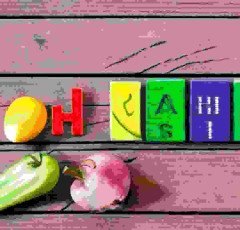


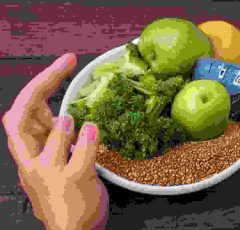
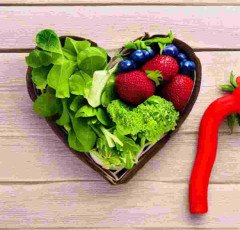
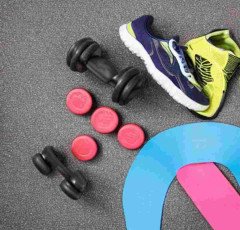

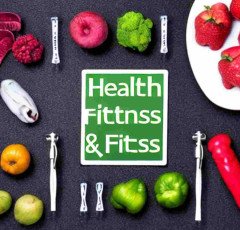



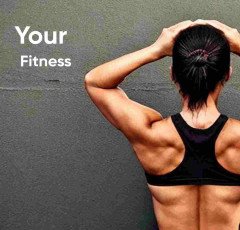


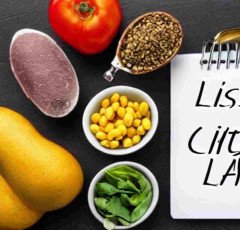

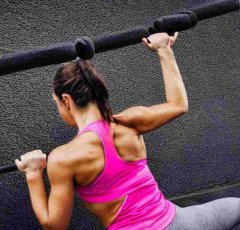
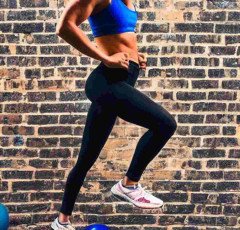
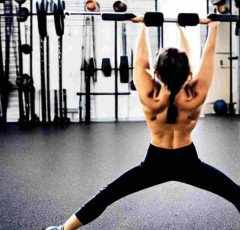
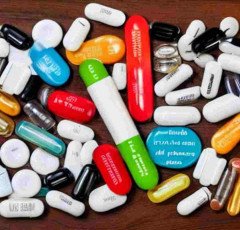





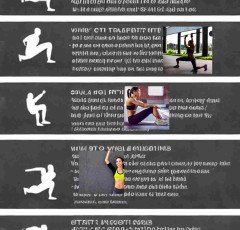
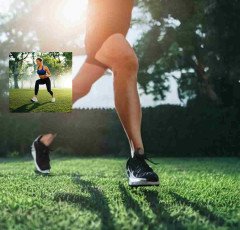
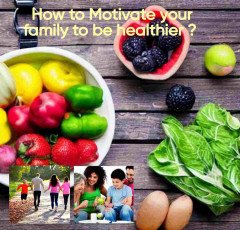


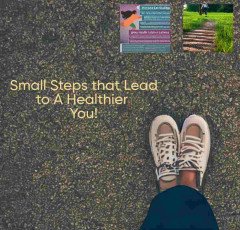





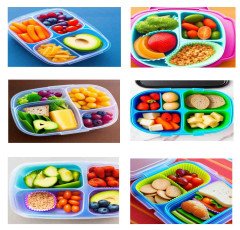


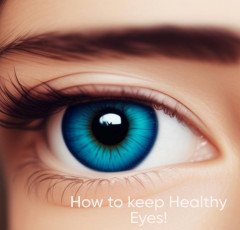













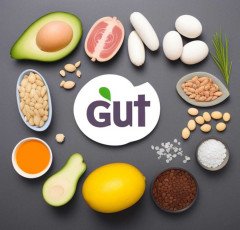
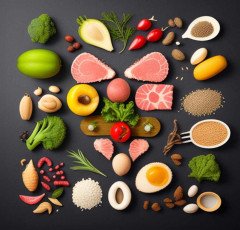



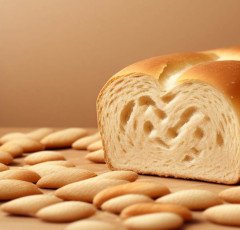
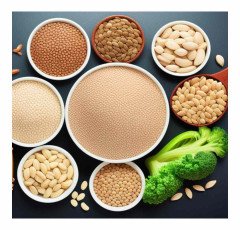
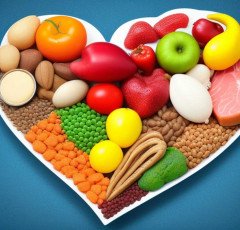
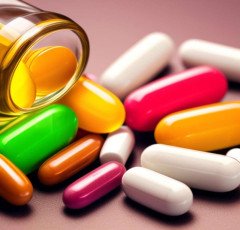
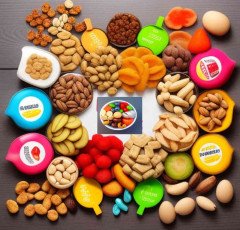
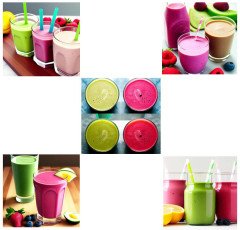






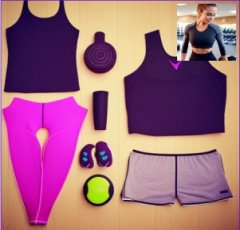
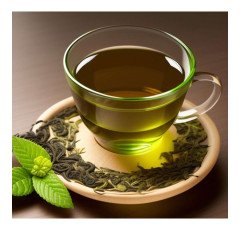
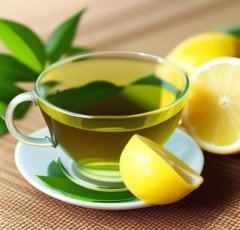
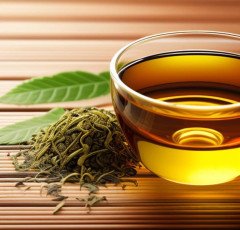
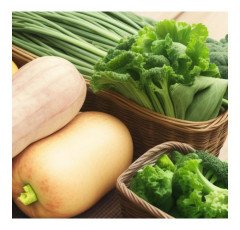
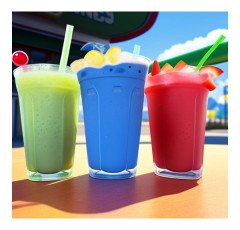

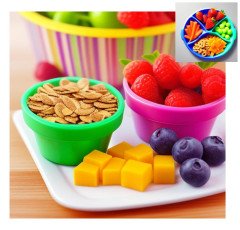
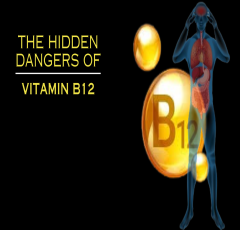






 NordLocker
NordLocker  Best Home Appliances
Best Home Appliances  Women Fashion
Women Fashion  ELECTRONIC ACCESSORIES
ELECTRONIC ACCESSORIES  Favorite Company (Cuelinks)
Favorite Company (Cuelinks)  Hot Bags For Pain Relief
Hot Bags For Pain Relief  One World Collection
One World Collection  Best Selling Books
Best Selling Books  Graphics & Design
Graphics & Design  1150+Trendy kids coloring pages Bundle
1150+Trendy kids coloring pages Bundle  The Secret Email System
The Secret Email System  Best Sellers On Amazon
Best Sellers On Amazon  Sennheiser
Sennheiser  Best Robotic Vacuum Cleaners
Best Robotic Vacuum Cleaners  All Wireless Products
All Wireless Products  ASPINAL LONDON
ASPINAL LONDON  ASUS Laptop
ASUS Laptop  Smart Doorbell
Smart Doorbell  SEO Checklist
SEO Checklist  BEST SELLER TOP10
BEST SELLER TOP10  Only For The United States
Only For The United States  NordPass
NordPass  Unlimited access to classes on illustration, photography, design, film, music
Unlimited access to classes on illustration, photography, design, film, music  Men Clothing
Men Clothing  Unreal Engine 5 For Beginners Learn The Basics Of Virtual Production
Unreal Engine 5 For Beginners Learn The Basics Of Virtual Production  Top Rated From Amazon
Top Rated From Amazon  RPM 3.0
RPM 3.0  Online Technology Classes
Online Technology Classes  Artificial Intelligence
Artificial Intelligence  Acer Laptop
Acer Laptop  Amazon Best Selling Products
Amazon Best Selling Products  Online Marketing
Online Marketing  Hello Theme
Hello Theme  TitTok Revolution
TitTok Revolution  SOFAS
SOFAS  NordVPN
NordVPN  The Click Engine
The Click Engine  Creative Brief For Video Shoot
Creative Brief For Video Shoot 
















